Chickens eat more than just chicken feed, but it doesn't mean all foods they consume are healthy for them. Pumpkins are a popular food choice for chickens, but are they healthy and safe for a chicken to consume? Find out what types of gourds can be given to your pet chickens and what health benefits they have.
Are Pumpkins Safe for Chickens?
Yes! Pumpkins are not only safe for chickens to eat, but they love eating them, too. Chickens will peck at the rind, flesh, leaves, and seeds. All the parts of a pumpkin are safe for a chicken to eat, but the rind and flesh are the most popular.
Pumpkins are a type of winter squash and because they are rich in vitamin A, they are a healthy food for chickens. Like other fruits and vegetables, there are many different varieties or kinds of pumpkins but most people offer their chickens the types of pumpkins they carve at Halloween or use to make pumpkin pie. These pumpkins are commonly referred to as "field" and "canning pumpkins," but your chickens won't care what kind of pumpkins they're offered. They'll enjoy pecking at and eating whatever pumpkin you throw their way.
Tips for Feeding Pumpkins to Chickens
While your chickens will spend as much time as necessary pecking at a whole pumpkin you toss at them, breaking it up for your chicken will make it easier for them to eat it. This gives you a good excuse to smash some pumpkins or simply cut up pieces of them to spread around the enclosure. The seeds or pepitas can be spread around the enclosure separately from the pumpkin pieces to give your chickens something to forage.
To make the pumpkin even more manageable or to ensure none of the nutritious squash goes to waste, some chicken owners, like Michael Richmond, hobby farmer and backyard chicken enthusiast, recommend putting the pumpkin pieces in a food processor. This finely chopped pumpkin can then be easily stored in the fridge and offered to your chickens for a few days as a treat.
What Other Gourds Are Safe for Chickens?
In addition to feeding pumpkins, various gourds including squash and zucchini can be given to chickens. Some other commonly found gourds that are safe for chickens include:
- Butternut squash
- Crookneck squash
- Pattypan squash
- Straightneck squash
- Zucchini (green, grey, and yellow)
- Acorn squash
- Spaghetti squash
Other Plants That Are Safe for Chickens
If you want to try feeding something other than gourds to your chickens, consider offering other plants from your garden or grocery store. Several vegetables, flowers, and herbs can be safely fed to chickens in addition to their regular diet. Some of these garden favorites include:
- Lettuce
- Beets
- Broccoli
- Carrots
- Kale
- Swiss chard
- Sweet potatoes
- Cucumbers
- Lavender
- Mint
- Oregano
- Parsley
- Cilantro
- Thyme
- Basil
- Daylilies
- Hostas
- Daisies
- Roses
- Coneflowers
- Ferns (certain types)
Be aware that if you allow your chickens to roam in or near your garden, they may help themselves to these and other items. Some people even purposefully plant chicken gardens to give their chickens fresh foods while encouraging natural foraging behavior. They may then keep a separate garden that is closed off from the flock to grow things they'd like to save for themselves.
Plants You Shouldn't Feed to Chickens
Despite the plethora of gourd and other garden options that you can feed your chickens, they can't eat everything. Similarly to dogs and cats, there are a few plants and parts of plants that can be dangerous, and even toxic to chickens. These include:
- Avocados - The pits, skin, leaves, and flesh all contain persin, a toxin to chickens.
- Rhubarb - At worst, this plant can contain oxalic acid which can be deadly to chickens, but it will at least cause diarrhea.
- Onions - Ingestion of these plants can lead to destruction of red blood cells and result in anemia.
- Potatoes - White, yellow, and red potato eyes and skins should not be given to chickens, especially if they have green parts which contain solanine.
If you have a garden that your chickens can access, make sure you don't grow these and other things that can make them sick. Additionally, if the vegetables or plants that you give your chickens become moldy, don't allow your chickens to eat them.

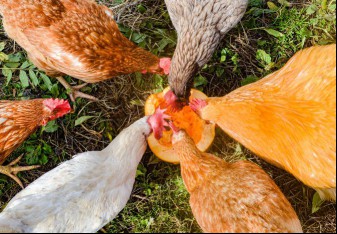
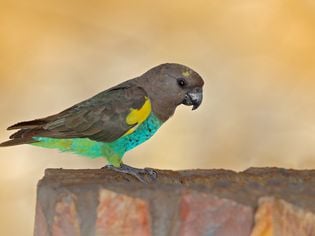
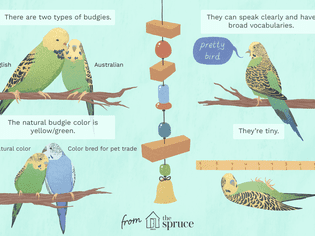
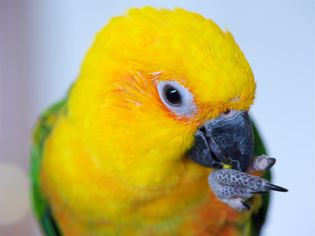
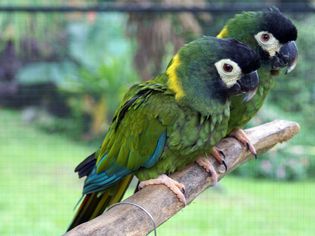
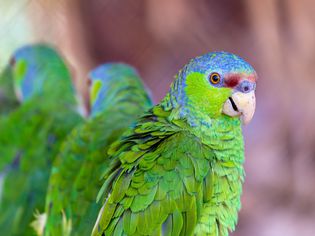
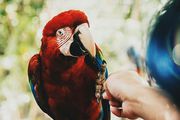
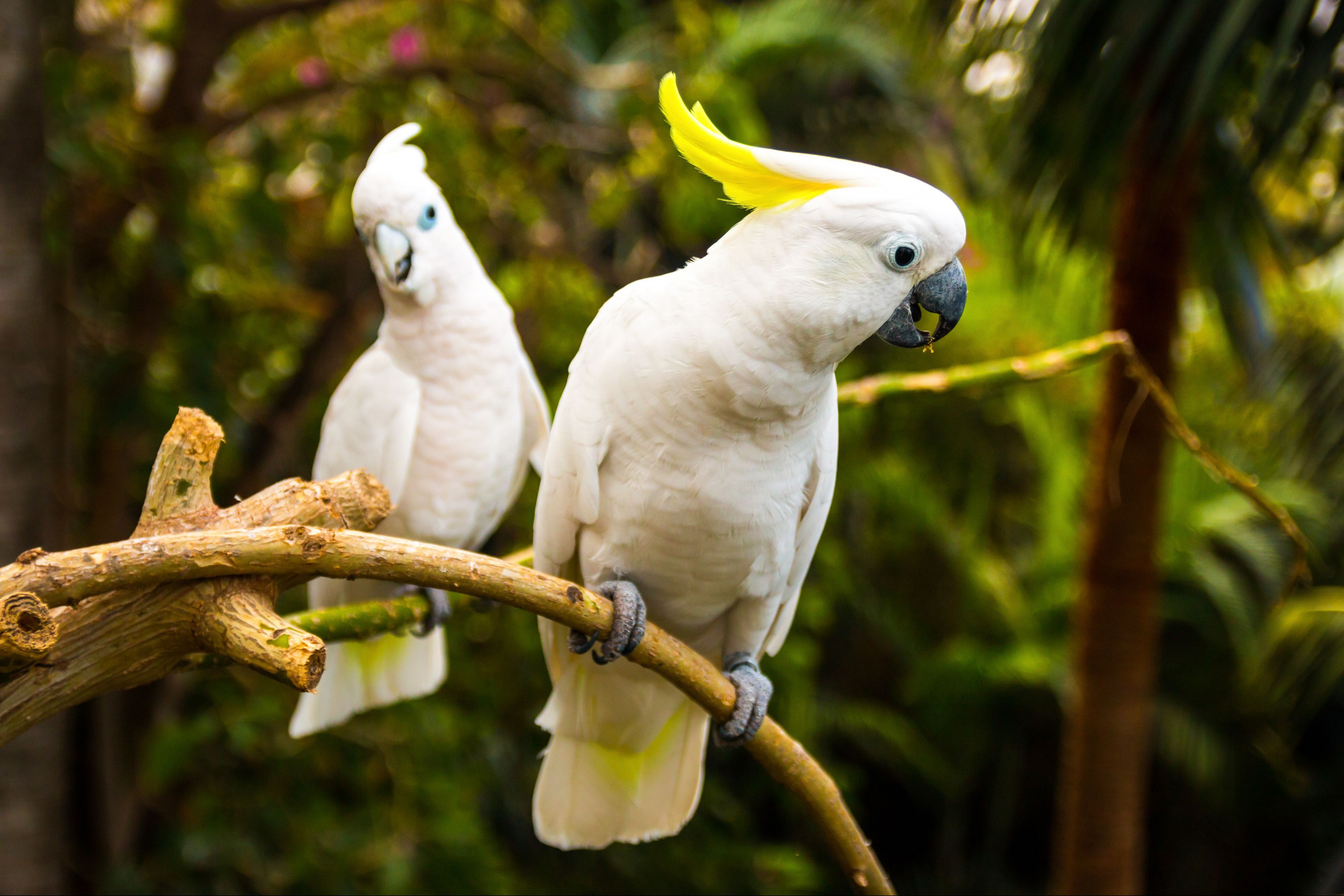

Comments on " Can Chickens Eat Pumpkins?" :